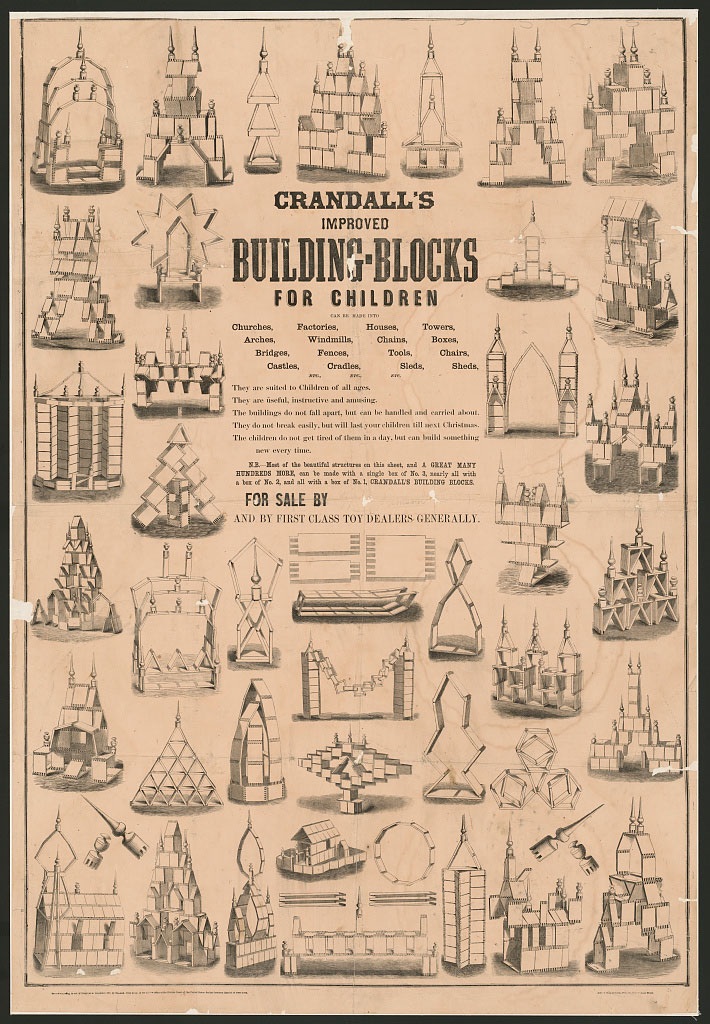
“Utility furniture is now on the market, and everyone is able to see in what respects it differs from the uncontrolled product, and to form conclusions as to what extent we may expect it to influence furniture design of the future. The story of mankind with all its perverse, twists and turns, its chivalries, its discoveries, its unconquerable vanities, and its tragedies, stamps itself even on our furniture, so that the very line of a chair-leg or the rake of a chair-back may be a dumb witness to the end of an epoch or the herald of a new age. But there is more than mere history in the shapes of things: there is the sum total of human experience.
“When a craftsman of to-day sets to work to make a chair, the knowledge which he takes so much for granted is the stored-up inheritance of generations of craftsmen who had preceded him. He is profiting by their discoveries, their failures, and adding whatever of its own particular worth in new processes the present age has to offer. Only in our own age the ratio of skilled craftsmen is diminishing, and with so much that is good and civilised in process of being destroyed, one wonders how much will survive.
“Not that it is difficult to see that war will leave behind it advancement in some branches of knowledge, not only in weapons of destruction. We may, for instance, look for considerable advance in surgery, learned on the living bodies of shattered men, a considerable advance in chemical discovery, in aviation, but these are not the things on which our civilisation can be rebuilt. We are finding to our cost that men may have these and still be barbarous. Civilisation is founded on a sense of order, measure, proportion, self-control both of the mind and of the body, exactly the qualities which the acquisition of any true skill tends to develop. In fact, we may say that it is upon the world’s craftsmen in wood, stone, clay, who have made it possible for the living thought of one generation to be handed on to the next, to be a living witness of what man can do, and a living challenge, a standard to live up to and, if possible, surpass. To transmute the soaring vision of man’s destiny into a cathedral needed the work of stonemasons, carpenters, glassmakers, just as it took a craftsman to conceive of the letters in wood from which modern bookcraft had its beginning. Always the craftsman has been the conserver, the guardian, who passed on what was imperishable from one age to another, not failing to set his own seal upon it in the doing. Because no man’s work is exactly like anothers. There are always the little individual characteristics that stamp it as his own, giving it just that living touch which the machine will always lack.
“But now that the machine is with us, what are we to do about it? We cannot go back, even if we would. It has brought leisure and amenities which we value, and which could, if we would, be turned to good account. For leisure and amenities provide just that opportunity of developing those creative qualities of which modern life tends to rob us and which will be badly needed in the world after the war. It is only by doing creative work of some sort that a man learns both to know himself and to train himself for more and better work, and it is essentially the mark of the civilised man. To be indifferent, careless of one’s time, to want only to be amused, is to invite personal disintegration, a loss of personality which is not only a loss to oneself but to the community at large. For after the war we shall want men of personality, men of creative ability, men with patience, shrewdness and sound judgment to deal with the problems of peace. The new world cannot be a good world unless we conserve for it all that we have inherited of lasting value from the old. Only the barbarian blindly destroys. It takes civilised man—the man with the craftsman spirit—who is careful to see that beauty does not perish, to pass it on.”
— Charles Hayward, The Woodworker magazine, 1943

Ooh! Cool!
That is a beautiful piece of writing, to be sure.
These are fantastic – very much looking forward to this book.